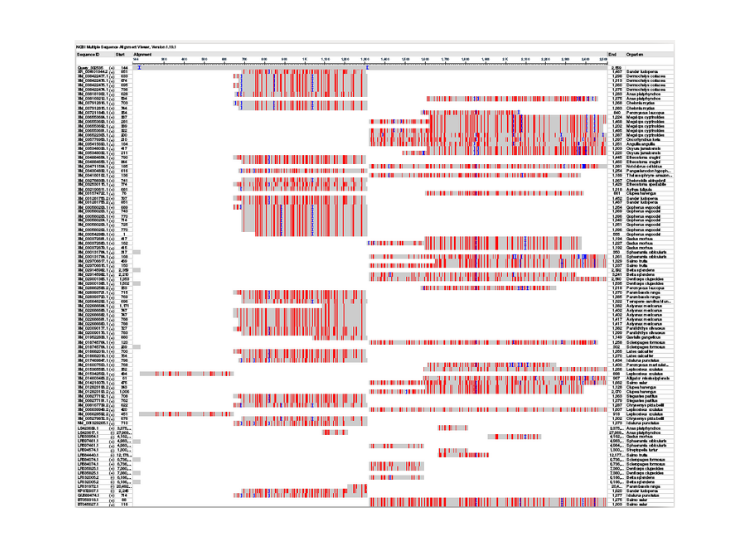
Bleunomics is working on sophisticated computationally-derived drug discovery pipelines aimed to target the clinical level. We hope to work with potential partners for validating data and submitting FDA INDs or 501(K)s for new drugs, devices, tools and discoveries.
We utilize a variety of complex technologies for the clinical drug discovery process.
We design complex DNA computing and genotyping chipsets as well as storage methods.
We work extensively on data mining target results or advanced sequences.
Bleunomics utilizes advanced statistical and ranking approaches for its analysis.
We utilize computationally-derived techniques for complex immunotherapy by design.
We run a variety of simulations for the data validation and quality checks.
Next we target and simulate a variety of approaches for clinical delivery.

Currently, Bleunomics is targeting a variety of different genetic mutations and disorders. We have contributed to the Genbank sequence for BankIt2430198 Lepisosteus MW62911, as well as done independent sequences from other researchers' FASTA data including generating a VSF from the pre-existing AP014690.1 FASTA utilizing freebayes, vcfy and a distributed computing network. Bleunomics also done experimental protein synthesis, PCR priming, and reactionary simulations.